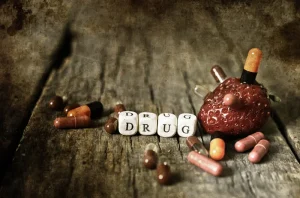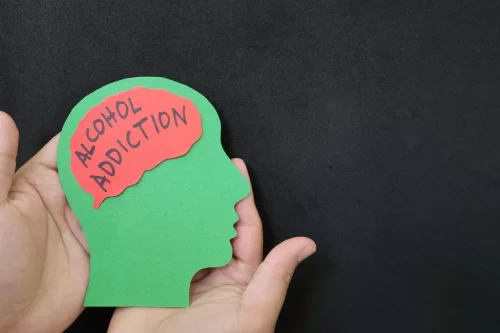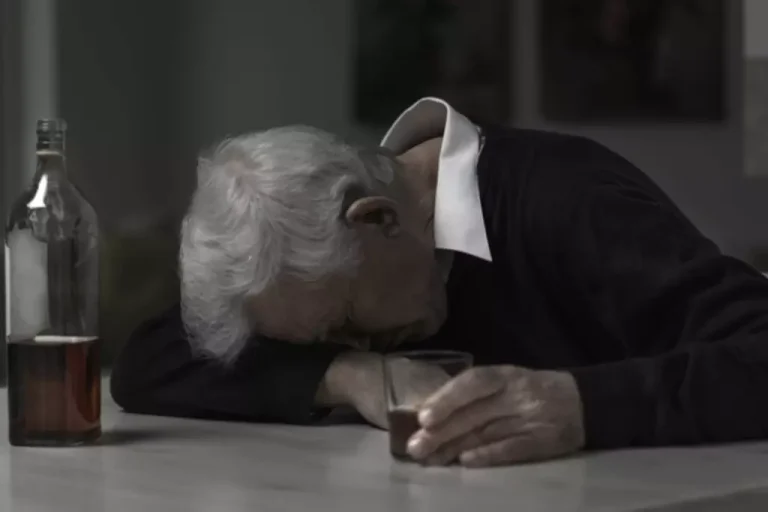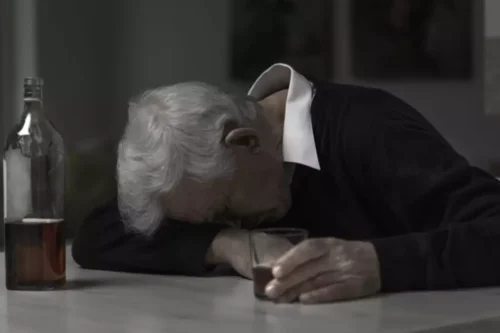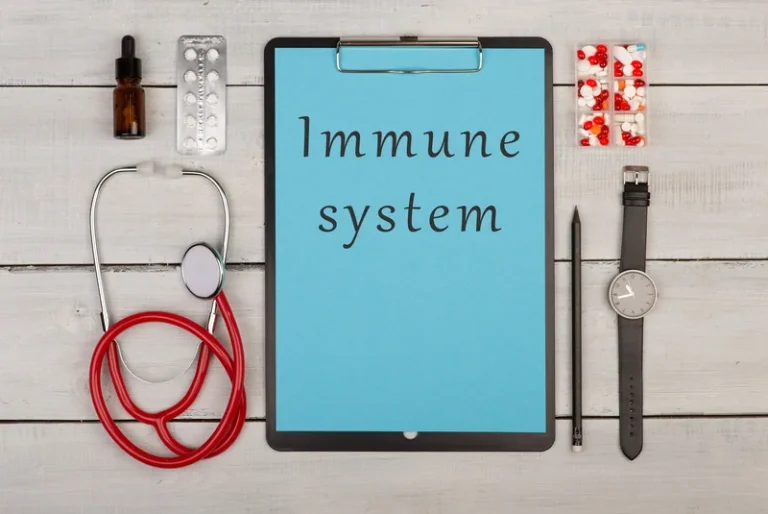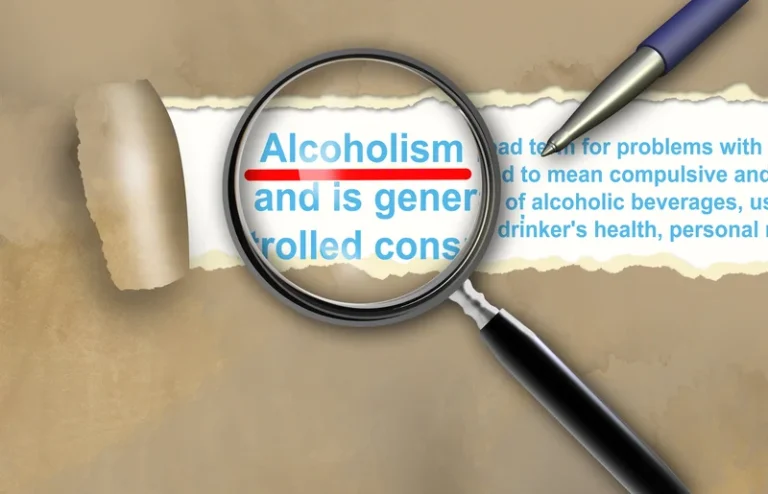
Be patient and consistent in your efforts to allow your skin to heal gradually. And if you like to hit happy hour after work, you’ve probably experienced this first-hand. Susan Bard, MD, is a clinical instructor in the department of dermatology at Weill Cornell Medicine and an adjunct clinical instructor in the department of dermatology at Mount Sinai in New York City. Her professional interests include Mohs micrographic surgery, cosmetic and laser procedures, and immunodermatology.
Non-Melanoma Skin Cancer
- One study found that women who consumed eight or more drinks a week perceived themselves as looking older than those who didn’t drink (8).
- In addition, the high sugar levels of cocktails can also leave skin looking dull and sallow.
- You probably already know that excessive drinking can affect you in more ways than one.
- Frequent and excessive drinking can lead to several problems with the skin including flushing, reduced elasticity, and dryness.
- Despite red wine being hailed as the ‘healthiest’ choice of alcohol because it contains antioxidants, it is actually one of the most damaging alcohols for your skin.
“Because of their ability to lock moisture into the skin and form a protective barrier that water can’t penetrate, products with these ingredients work best for dehydrated skin,” she says. As with a food label, you can get a sense for how much alcohol is in a skin-care product by examining where it lands on the ingredients list. “In small or reasonable concentrations, products can still benefit from the good effects of alcohol to optimize their product while reducing the bad effects,” says Frieling. Recent studies have shown that a moderate consumption of alcohol can be beneficial to one’s health and enjoying a glass of wine or beer after a hard day at work is a common way to relax. However, consuming too much alcohol not only makes you feel bad, it can affect your appearance too. This is also thought to be due to oestrogen, as it sometimes observed during normal pregnancy.
Oar Health Member Stories: I Needed to Curb My Drinking But Didn’t Know How

The morning after a night of over-imbibing can cause some temporary effects on your brain. Things like trouble concentration, slow reflexes and sensitivity to bright lights and loud sounds are standard signs of a hangover, and evidence of alcohol’s effects https://ecosoberhouse.com/ on your brain. When you drink too much alcohol, it can throw off the balance of good and bad bacteria in your gut. Cirrhosis, on the other hand, is irreversible and can lead to liver failure and liver cancer, even if you abstain from alcohol.
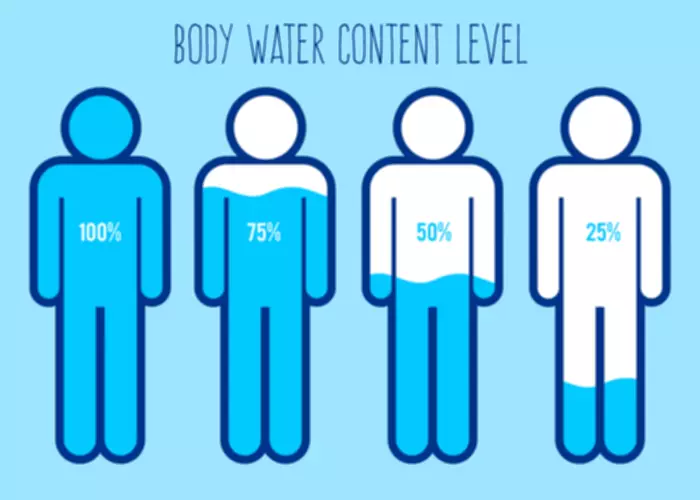
Here’s How To Finally Banish Dark Circles — Nope, Not Sleep

I always ask about alcohol consumption, and I hope my patients are straightforward with me about how much they drink. Prolonged heavy drinking can also increase a person’s risk of more serious conditions, such as skin cancer. It can also cause skin changes resulting from alcoholic liver disease. With holiday celebrations right around the corner, you may be looking forward to enjoying a few more cocktails than usual at holiday parties and gatherings with friends and family. While it’s okay to enjoy some alcohol in moderation, it’s important to understand that alcohol can negatively impact whole body and skin health.
It is essential to recognise these effects to fully grasp the implications of alcohol consumption on skin health. Given the connection between liver function and skin health, address any liver issues. Abstaining from alcohol is the primary step, but medical treatment and lifestyle changes may also be necessary for liver recovery.

Beyond this, white wines can cause facial flushing, and have even been linked to incident rosacea. Combined with the dehydrating and inflammatory effects of alcohol, this can lead to wrinkles and other skin problems over time. There are several dermatologic conditions that can be aggravated by the consumption of alcohol including rosacea and psoriasis. how alcohol affects your skin Drinking alcohol can cause symptom flare-ups making these chronic diseases more difficult to treat. Minimizing your consumption of alcohol should be part of your regime for managing any pre-existing skin condition. But, drinking alcohol can lead to lack of sleep, dehydration, and increased stress, all of which can lead to breakouts.
- But if you choose to drink, reducing your intake, picking the right type of alcohol, and drinking plenty of water are the best places to start.
- People who have psoriasis and drink more than 80g of alcohol per week have been found to have more severe treatment-resistant psoriasis, including erythrodermic psoriasis.
- In the short term, drinking alcohol can cause dry skin, flushing, dark circles, and decreased elasticity.
Alcohol and Circulation
- When you’re able to get a good night’s sleep, your skin and body can much more effectively recharge, allowing you to wake up looking less tired.
- Red wine contains polyphenols that can help dilate blood vessels and improve circulation.
- To stay hydrated while drinking alcohol, it’s important to drink plenty of water before, during, and after consuming alcohol.
- One way to find support is by listening to addiction recovery podcasts.
- Like any type of alcohol, white wine is best enjoyed in moderation—especially if you want to keep your skin in tip-top shape.
Medical addiction treatment programs offer comprehensive care for individuals struggling with alcohol addiction. These programs provide a safe and supportive environment for detoxification and withdrawal management. They also offer therapy and counseling to address the underlying causes of addiction and develop healthy coping mechanisms. While it’s best to limit alcohol consumption for the sake of your overall health, there are steps you can take to protect your skin while drinking alcohol. Acne is a common skin condition that affects many people, especially during adolescence.
What is alcohol abuse?
Liver disease caused by heavy drinking can cause jaundice and hyperpigmentation, which will give the skin a darker appearance. Alcohol can cause your face to become temporarily red and flushed (3). This occurs when your body breaks down alcohol and creates acetaldehyde.

What is the link between alcohol and inflammation?
Additionally, breakouts caused by heavy, sugary drinks will start to dissipate. In the long term, you’ll see a youthful, healthy glow return to your face. So, if you’re worried about your skin, avoid cocktails as much as you can. Steering clear of these drinks can help reduce some of the negative side effects that drinking has on your skin. Depending on its type and quantity, alcohol in your skin care can either dry out or hydrate your skin. Too much ethanol or isopropyl alcohol might irritate sensitive skin, while fatty alcohols can actually help lock in moisture.


